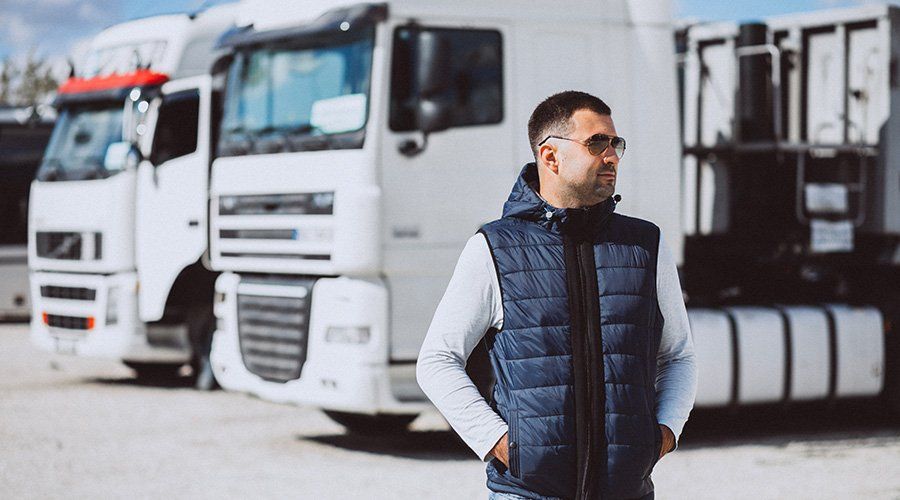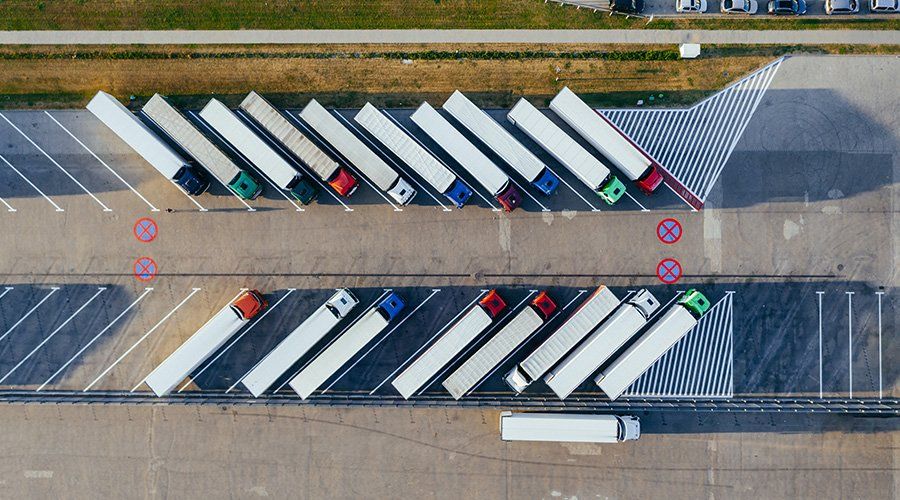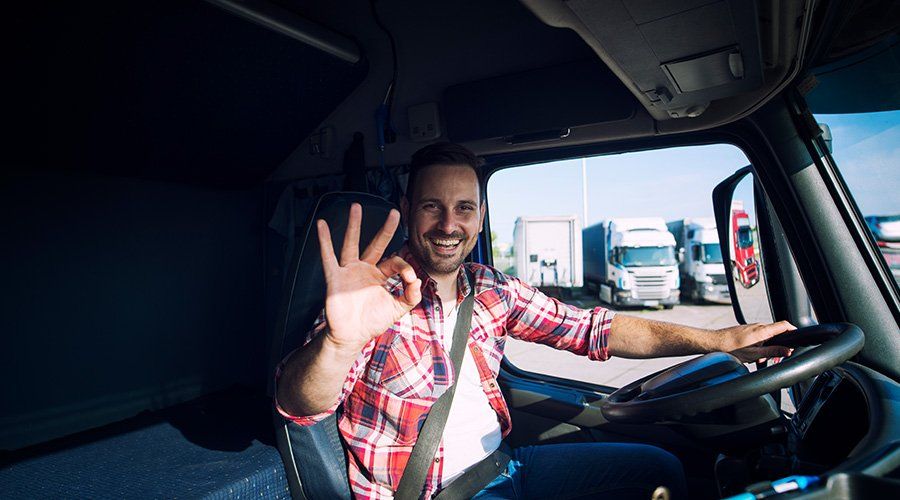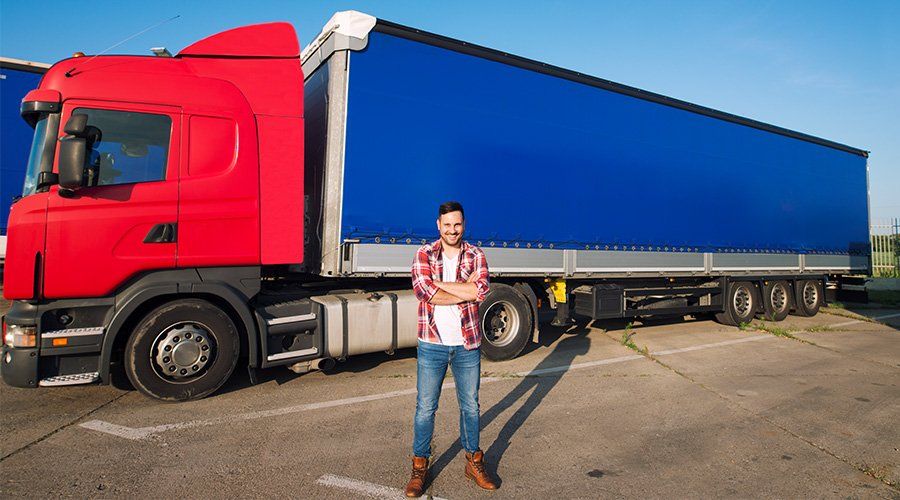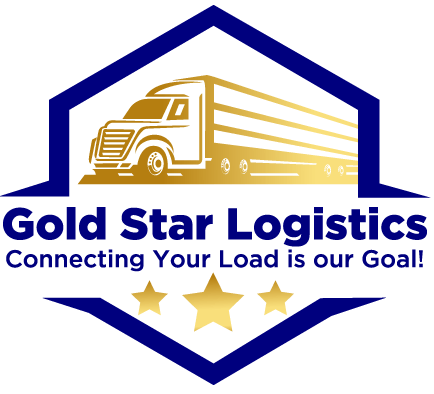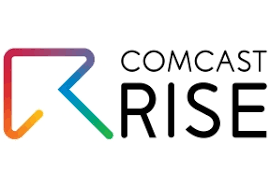
A thorough, compliant background screening program for your drivers should be the backbone of your hiring strategy. Background checks ensure that your new drivers have all of the qualifications necessary to do the job well and to best represent your company out on the road. Background checks also, of course, weed out any drivers with disqualifying criminal histories, a history of driving violations, and substance abuse problems. That’s why they should be a standard part of your fleet safety program anyway (link to “Fleet Safety Program: 4 Important Things to Remember”). In our regulated industry, a DOT background check is required. Here’s how DOT background check requirements differ from standard employment screening.
What is a DOT Background Check?
The Department of Transportation (or “DOT”) sets background screening requirements that employers in the trucking and transportation industry must follow. Large commercial vehicles account for
400,000 crashes in the United States each year, so properly vetting the people handling that heavy machinery is important. A DOT background check is required of 1.) any driver whose gross vehicle weight rating or gross combination weight rating is 10,001 pounds or more, 2.) any driver operating a vehicle designed to transport between 9 and 15 passengers, and 3.) any driver using a vehicle to transport hazardous materials.
What Are DOT Background Check Requirements?
DOT background check requirements include several key components. Here are the services you are required to run:
A Motor Vehicle Record Check
An MVR uncovers driving-related convictions (felonies or misdemeanors), moving violations, and license suspensions. You’re required to run an MVR in any state where your driver has had a license or permit in the last three years.
A DOT Drug Test & Alcohol Test
As part of DOT background check requirements, drivers will submit a specimen for drug testing. Typically, these tests will check for marijuana, opioids, cocaine, PCP, and amphetamines, though more extensive panels are available. Positive tests will disqualify drivers from their positions.
Similarly, drivers have to undergo alcohol testing to confirm they are not under the influence of alcohol.
The FMCSA also requires that all drivers be enrolled in a random drug and alcohol testing program. Your background screening partner can help you manage your random drug and alcohol testing program so it’s done consistently and compliantly.
A DOT Physical
Certain health conditions can negatively impact a person’s ability to drive, so as part of a DOT background check, your drivers will be required to pass a physical exam. A DOT physical includes an assessment of factors like vision, hearing, and dexterity.
A DOT “Expanded” Employment Verification
A traditional employment verification checks an employee’s work history, terminations, salary history, and job title. An employment verification for a DOT background check goes a step further, including a customized interview aimed at gathering information about the employee’s driving history. It will include questions related to on-the-job accidents, alcohol or drug test histories, a history of drug or alcohol test refusals, and their history with rehabilitation programs.
What Other Background Check Services Should You Run?
While not a required part of a DOT background check, you should still consider running a criminal history search on your candidates. They will have direct access to company property and clients’ goods. A continuous criminal monitoring program goes a step further, checking for arrest information 24/7. Likewise, you might find a driver monitoring program to be worthwhile, as it will alert you to motor vehicle violations immediately (rather than waiting for a recheck of the annual MVR).
If you have questions about DOT background check requirements, look no further. Gold Star’s consultative services get new trucking companies on track quickly. Looking to improve your current procedures and strategies? We’re here to help with that, too. Let’s discuss the specific needs of your business.
